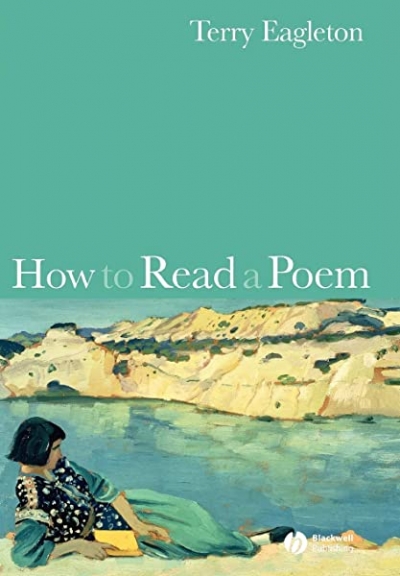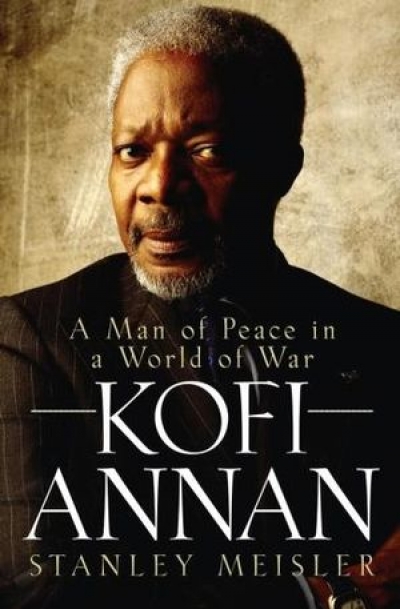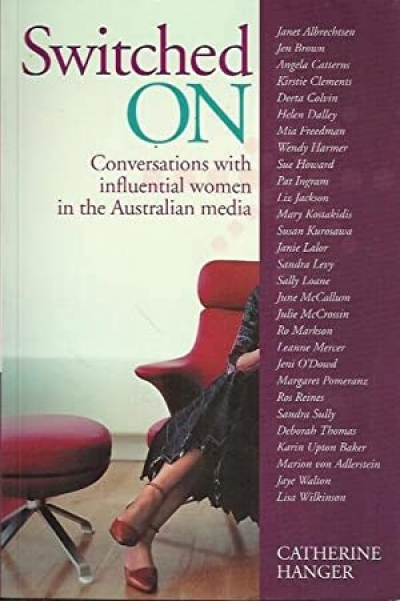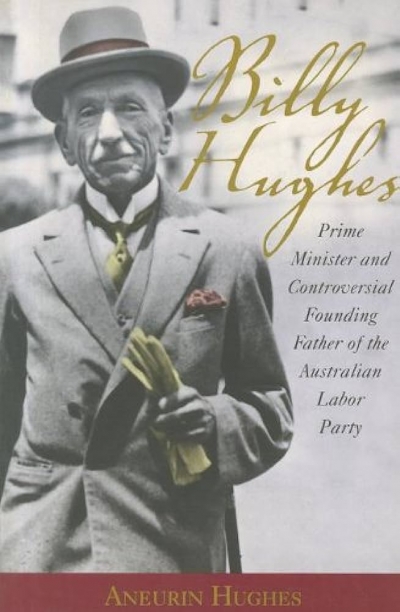Wiley
Kofi Annan: A man of peace in a world of war by Stanley Meisler
by Alison Broinowski •
Switched On: Conversations with influential women in the Australian media by Catherine Hanger
by Georgina Arnott •
Away Game: Australians in American boardrooms by uke Collins
by Marina Cornish •
Billy Hughes: Prime Minister and controversial founding father of the Australian Labor Party by Aneurin Hughes
by John Wanna •
A Figure of Speech: A political memoir by Graham Freudenberg
by Troy Bramston •






